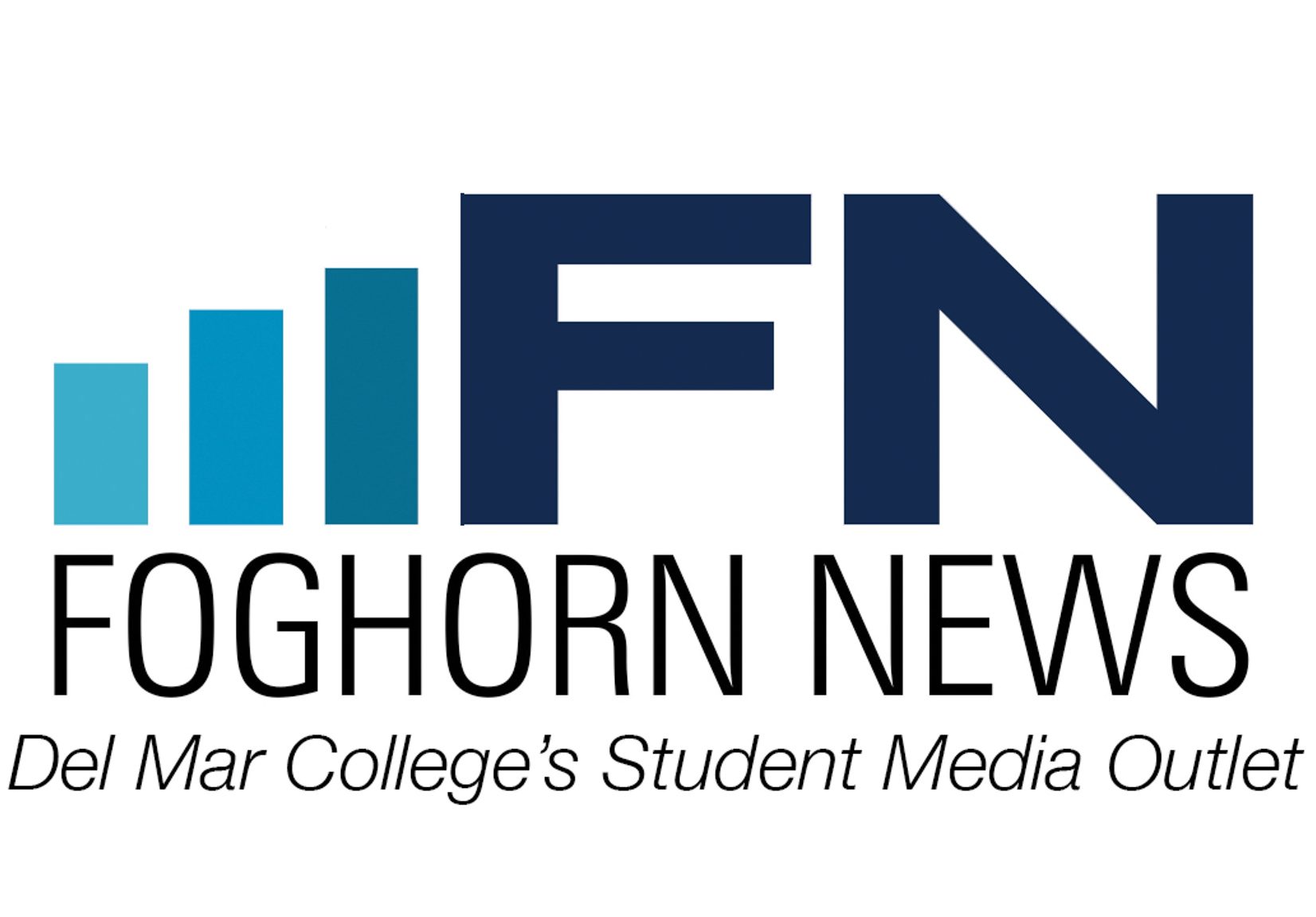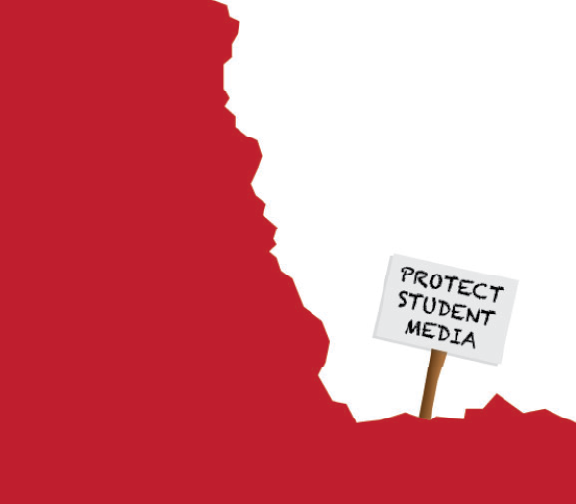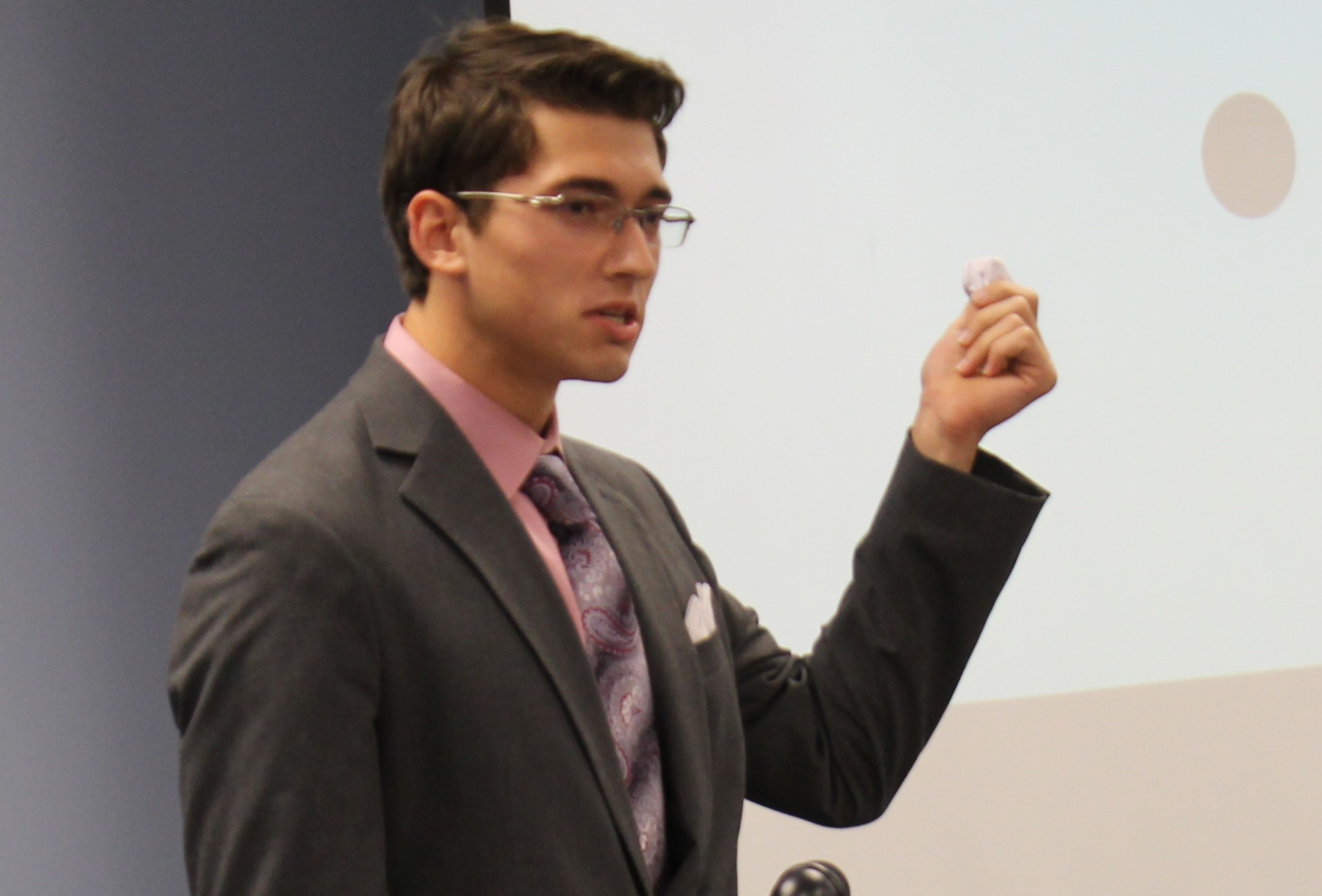On Oct. 14, Indiana University Bloomington made the decision to fire the Indiana Daily Student’s faculty advisor Jim Rodenbush. They also ceased printing of the IDS but will allow for stories to continue to be published online.
The decision was made after Rodenbush refused to have his editors ensure that no news stories ran in the homecoming issue of the IDS to make sure that the focus stayed on homecoming and Indiana football’s high ranking.
The printing of the physical copy of the IDS has been being rolled back for some time. Last year, officials from Indiana University’s Media School announced that the IDS, which has been lacking revenue and being subsidized by the Media School, would scale back from weekly print editions to seven special editions directly tied to campus events.
It was not communicated to Rodenbush that the expectations of these special editions were that they would not contain news stories. The Dean of the Media School told Rodenbush that, as advisor, he was essentially the publisher and could tell student editors what they could and couldn’t publish. When Rodenbush disagreed and said that publishing control belonged to the students, he was fired for being uncooperative. According to the AP, Rodenbush’s termination read that he lacked leadership and the ability to work in alignment with the University’s “Student Media Plan.” The dean then announced the end of all IDS print publications.
In a Letter to the Editor, Margaret Menge of the Indianapolis Star, stated that because Indiana University subsidizes the IDS, they have the right to cut print. While this is technically true, it ignores the context of why the dean cut publication in the first place. He essentially didn’t get his way, and had a meltdown over it. A faculty member was disagreeable by stating that a student-run publication should have its publication decisions made by students, so the dean fired the faculty member and ceased the print publication that he’d already cut down.
In Supreme Court case 408 US 169 (Healy v. James), the court affirmed that campus students aren’t exempt from their First Amendment Rights. Public colleges operate under governmental oversight, so the Bill of Rights applies. A public university’s student-run newspaper is not a college newsletter and should not be treated as such.
When Indiana University did this, they set an expectation and a guideline for how student media in an already polarized country can and should be run. This will affect student newspapers and media outlets across the country and could lead to student news media, like the Foghorn, being censored for much more than a news story in a homecoming issue.
In an interview with the AP, the co-editor in chief of IDS, Andrew Miller, called the termination a “deliberate scare tactic toward journalists and faculty” and we at the Foghorn couldn’t agree more.




